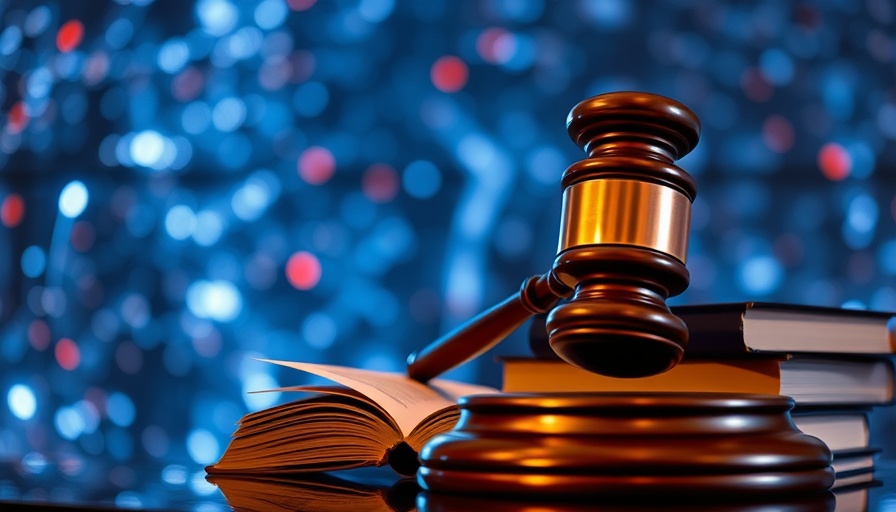
The Court’s Decision on AI and Copyright: A New Era?
A recent court ruling has sent shockwaves through the tech and literary worlds, as it determined that Anthropic, a prominent AI company, did not breach copyright laws by using books to train its Claude language model. A federal judge in San Francisco stated that Anthropic’s methods only partly violated copyright, as the training was deemed ‘fair use’ — a legal designation that allows limited use of copyrighted material without permission. This ruling was compared to a reader aspiring to be a writer, using literary works not to copy but to innovate.
Understanding Fair Use in AI
Fair use is a complex legal concept that applies to many creative fields, including AI development. According to litigation expert John Strand, this ruling may influence numerous ongoing cases relating to copyright in AI technology. Obviously, the implications of defining fair use for AI training scenarios could reshape how technology firms approach the data they utilize for developing AI systems.
Impacts on Authors and the Creative Community
The ruling also points to larger questions about the rights of content creators in the age of AI. Authors like Andrea Bartz and Charles Graeber argued that their works were inappropriately utilized without compensation. Moreover, while the court acknowledged that Anthropic had built a library of pirated books, it also noted that remedial actions—like the purchase of print versions—might mitigate some of the damages owed, indicating a complex relationship between technology firms and individual creators.
Future Predictions: Will the Supreme Court Weigh In?
As we look ahead, discussions around copyright and AI are expected to escalate, especially as more cases emerge. Industry insiders express anticipation that the U.S. Supreme Court may ultimately need to clarify the legal framework surrounding AI training and copyright infringement. Although the current ruling marked a victory for Anthropic, the evolving landscape suggests that the tension between innovation and creator rights will persist.
Ethical Considerations for AI Development
With advances in AI technologies, ethical considerations are at the forefront of discussions. AI, which hinges on data including potentially copyrighted works, leads to questions about ownership, fair use, and the ethical implications of data sourcing. For newcomers to the AI field, recognizing these intricate relationships is vital in understanding the broader societal impacts of technology.
Taking Action: Stay Informed on AI Ethics
The intersection of AI and copyright is an important dialogue that impacts not just tech enthusiasts but everyone who interacts with digital content. If you're interested in the implications of AI in artistic creation, understanding these legal frameworks is essential. For those looking to dive deeper into AI, there are many resources available that break down AI concepts simply, helping beginners grasp these complex topics.
 Add Row
Add Row  Add
Add 




 Add Row
Add Row  Add
Add 



Write A Comment